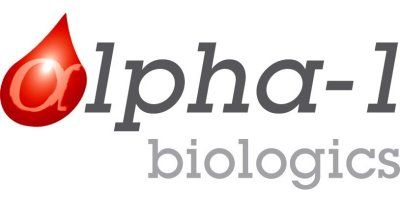

- Home
- Companies
- ALPHA-1 BIOLOGICS LLC
- News
- Findings from Cornell University ...
Findings from Cornell University College of Medicine in HIV/AIDS Reported
Investigators discuss in "a(1)Proteinase Inhibitor Regulates CD4 Lymphocyte Levels and Is Rate Limiting in HIV-1 Disease" new findings in HIV/AIDS. According to the authors of recent research from New York City, New York, "The regulation of adult stem cell migration through human hematopoietic tissue involves the chemokine CXCL12 (SDF-1) and its receptor CXCR4 (CD184). In addition, human leukocyte elastase (HLE) plays a key role." "When HLE is located on the cell surface (HLE(CS)), it acts not as a proteinase, but as a receptor for a(1)proteinase inhibitor (a(1)PI, a(1)antitrypsin, SerpinA1). Binding of a(1)PI to HLE(CS) forms a motogenic complex. We previously demonstrated that a(1)PI deficiency attends HIV-1 disease and that a(1)PI augmentation produces increased numbers of immunocompetent circulating CD4(+) lymphocytes," wrote C.L. Bristow and colleagues, Cornell University College of Medicine.
